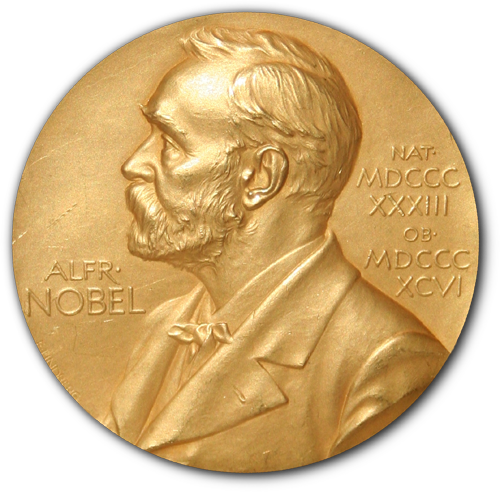November 27 in History
1895 – Alfred Nobel signs his last will and testament, setting aside his estate to establish the Nobel Prize after he dies
A premature obituary in a French newspaper in 1888, that called him ‘The Merchant of Death Is Dead’, disconcerted Alfred Nobel and made him apprehensive about how he would be remembered, inspiring him to change his will on this day in 1895, specifying that his fortune be used to create a series of prizes for those who confer the “greatest benefit on mankind” in physics, chemistry, physiology or medicine, literature, and peace.
Nobel, the Swedish chemist, engineer, and industrialist most famously known for the invention of dynamite, wrote several wills during his lifetime. However, he composed the last over a year before he died, signing it at the Swedish–Norwegian Club in Paris on November 27, 1895. To widespread astonishment, he bequeathed 94% of his total assets, 31 million SEK (c. US$ 186 million, €150 million in 2008), to establish the five Nobel Prizes.
Alfred Nobel died in his villa in San Remo, Italy, from a cerebral haemorrhage on December 10, 1896, at age 63. However, owing to scepticism surrounding the will, it was not approved by the Storting in Norway until April 26, 1897. The executors of the will, Ragnar Sohlman and Rudolf Lilljequist, formed the Nobel Foundation to take care of the fortune and to organize the awarding of prizes.
-ENCL



Comments are closed, but trackbacks and pingbacks are open.